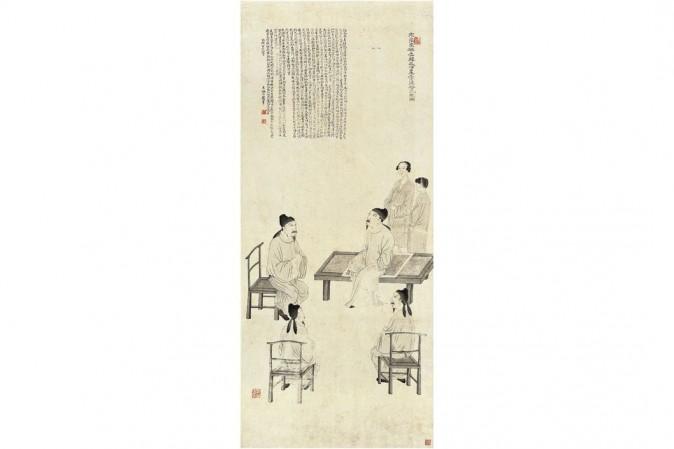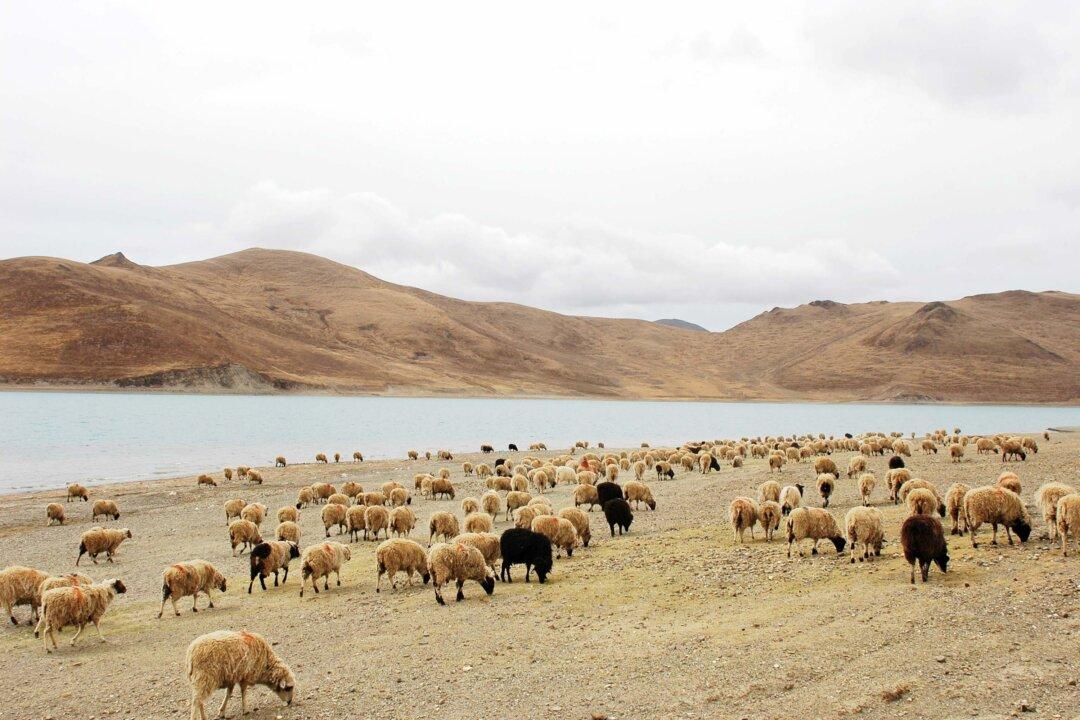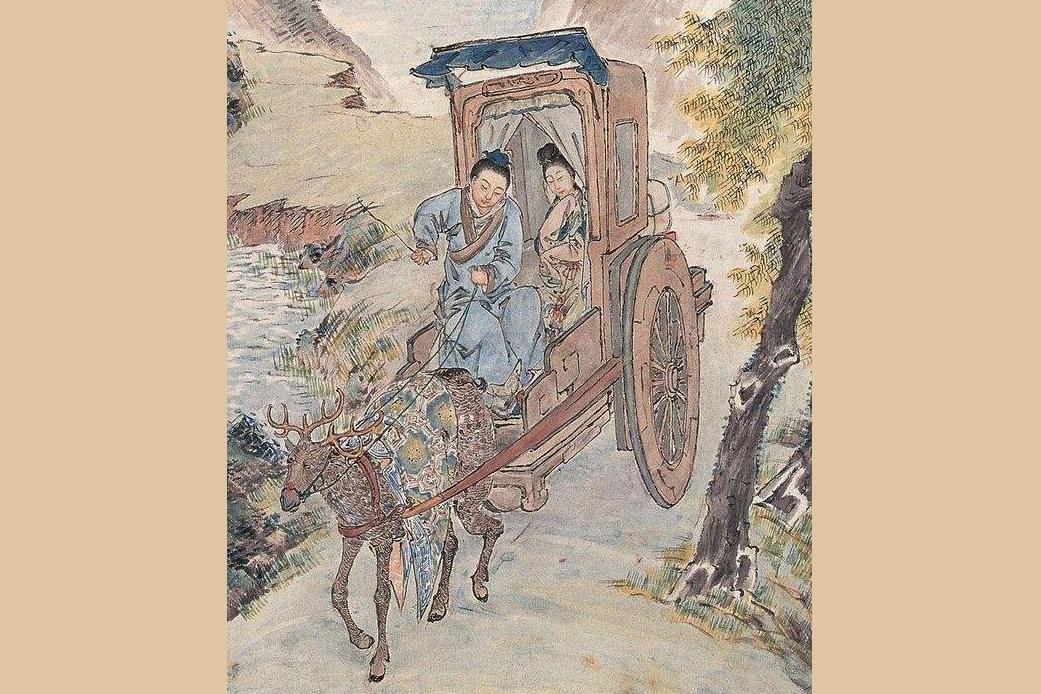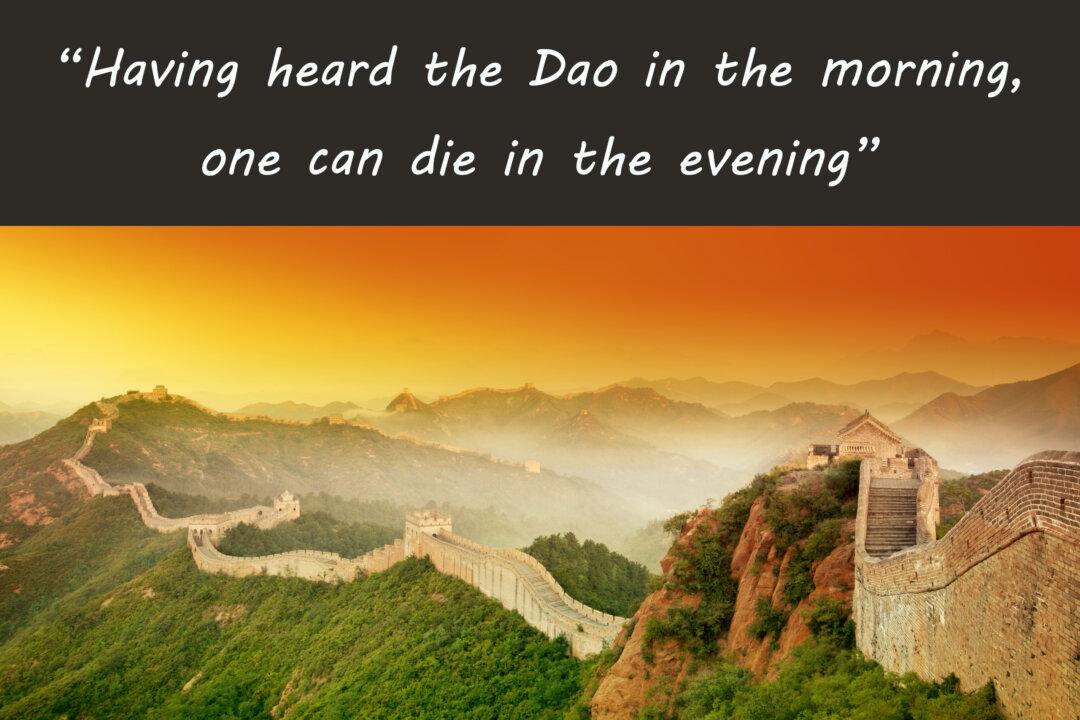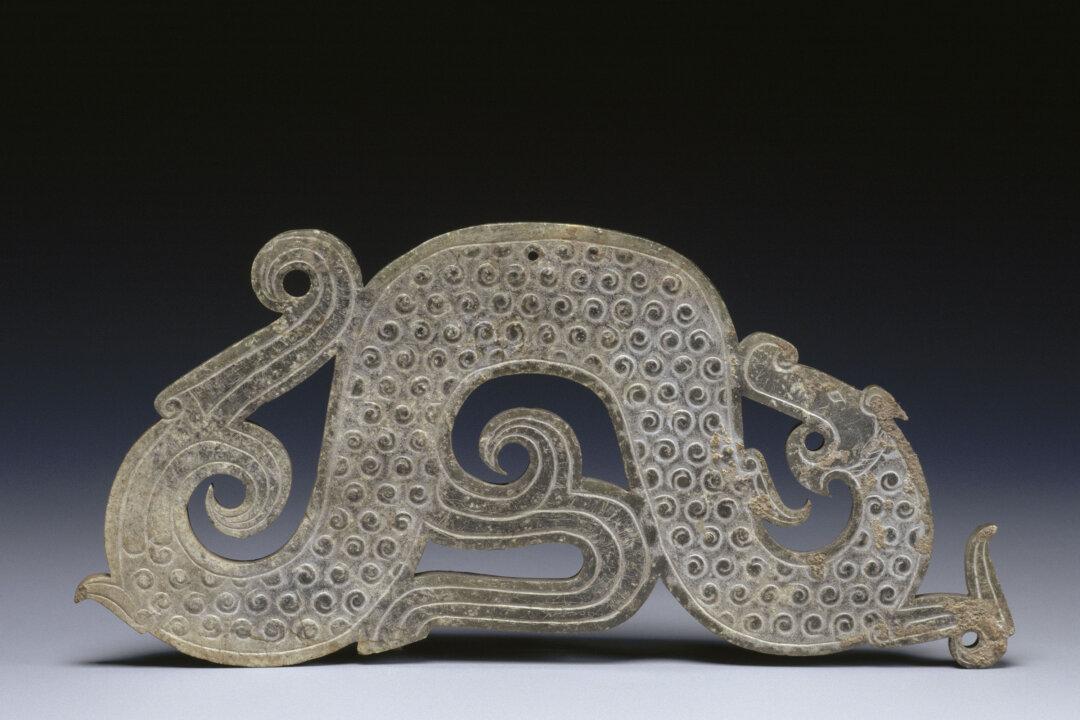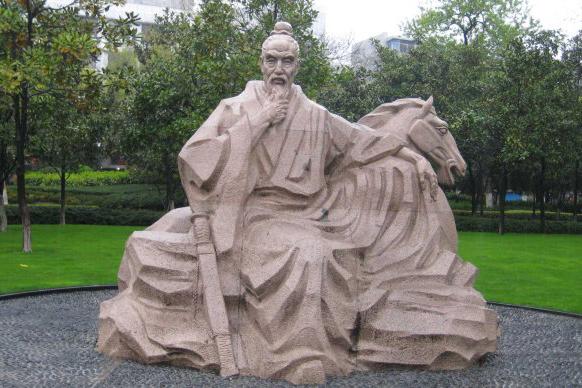Li Deyu (A.D. 787-850), a famous prime minister from the late Tang Dynasty, was born into a high-ranking family. His father was the prime minister of Emperor Xianzong.
Li Deyu was outstanding from a young age. He was a favorite of Emperor Xianzong, who often sat him on his knees. Li entered the court at an early age because of family influence, and he served during the terms of four emperors in his life.
When Emperor Wuzong came to the throne in 840, Li became the prime minister. He was in charge for five years with notable results, and the title Duke of Wei was bestowed on him.
Unfortunately, Wuzong died in 846.
Li felt uncertain about his future and asked a clairvoyant monk. The monk said that he would be demoted and sent 10,000 li to the south (the li is a traditional Chinese unit of distance; today 10,000 li is about 5,000 km). However, he could still return to the capital, the monk said.
